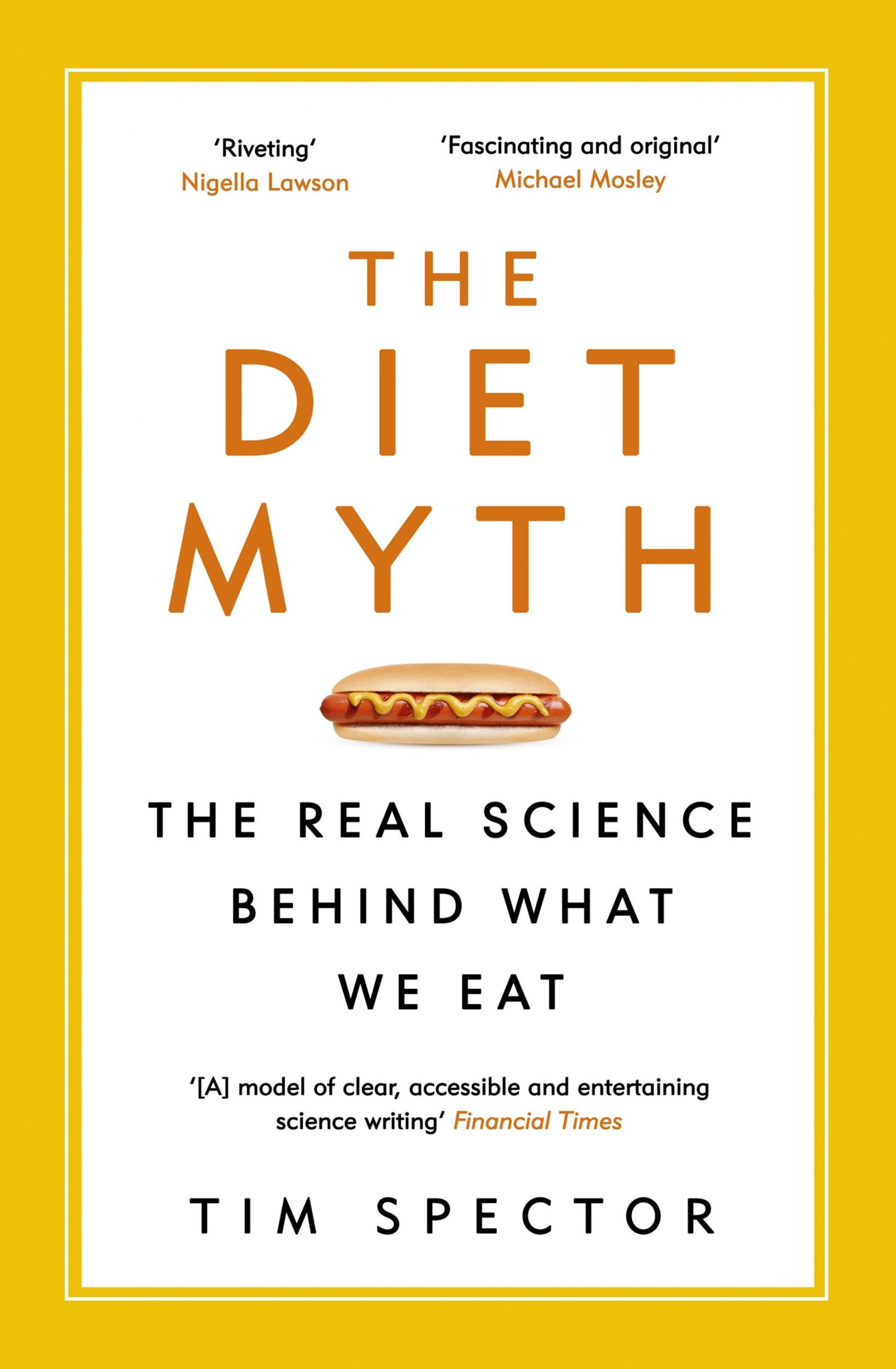The Independent's journalism is supported by our readers. When you purchase through links on our site, we may earn commission.
From 30 vegetables a week to faecal transplants: Keeping your gut microbiome happy is the key to healthy eating
‘There isn’t one size fits all and some of these ideas that we’ve been led into by industry or government are patently nonsense,’ Tim Spector, author of ‘The Diet Myth’, tells Julia Platt Leonard


Your body has 100 trillion of them and they’re busy pumping out chemicals, checking out what you had for dinner, “talking” to each other and, importantly, communicating with your brain. They are microbes and together make up your microbiome, which is as unique to you as your fingerprint.
They’re also Tim Spector’s passion. Spector is a professor of genetic epidemiology at King’s College London, heads up the largest microbiome project in the UK, and is lead investigator of the British Gut Project. He’s also the author of The Diet Myth: The Real Science Behind What We Eat.
In a publishing world where books on health, diet and food are here today and binned tomorrow, it might seem surprising that Spector’s is still selling strong, three years since it was first published. In fact, he says it’s selling better now than it did last year. But it’s not surprising, when you read it and see that his conclusions have been borne out – whether it’s that fats aren’t the bad guy (but sugar is) or that our obsession with hygiene isn’t doing us any favours.
“I think a lot of the things I put in there were slightly speculative for the time,” he says. “People said, ‘Oh well, this is a trend, it’s going to puff out. No one’s going to be drinking kefir five years from now.’ And it turns out everyone now knows about kefir.”
Spector says that when he first started researching the book, he took a fairly traditional, “compartmental” approach to diet. But when he dug further he discovered that what we eat and how we react to those foods is far more complex. Our desire to view food based on a set of black and white rules governing carbs, protein, fat and calories misses the point. “There isn’t one size fits all, and some of these ideas that we’ve been sort of led into by industry or government that if everybody just walked half an hour a day, they would all be slim, is patently nonsense.”
Spector says it’s clearly more complex than calories in and calories out. Much of it has to do with those microbes and our microbiome which he likens to discovering a new organ in our body. “Maybe we’ve got this whole new science and if you like, part of our bodies, every time we talk about nutrition and health and how everything interacts with that.”

What we do know, Spector says, is that we’ve lost much of the microbial diversity that we once had, citing people like the Hadza in Tanzania and Amazonian tribes. Unlike people living in the west, “they have these super healthy microbiomes and they don’t get obese, they don’t get many other chronic diseases and don’t get allergies”. Spector thinks that’s down in part to the west’s love affair with antibiotics, processed food and sterile living environments – none of which are gut friendly.
Another clue is as basic as the foods we eat – or just as importantly – don’t eat. Spector sites findings from a recent paper released by the British Gut Project. “It has shown that the number one factor to determine having a healthy microbiome was the number of different plants you ate in a week.” The more diverse the food we eat, the more diverse our gut microbes. “It didn’t matter if you were vegan, didn’t matter if you were vegetarian, didn’t matter if you were gluten free or lactose free or whatever your food religion,” he adds.
If we ate over 30 different plants – including fruits, vegetables, nuts and seeds – each week we’d all have a healthier gut, he says. While that sounds simple, Spector says that on average we’re now only eating around five different plants per week.
But there is cause for hope. Spector says that soon we could be testing every gene in every microbe in our bodies starting when we’re infants. “In five years, you could see everybody for £10 having their microbiome tested like you would have a cholesterol test at your GP.”
We could also see routine faecal transplants from a healthy donor (freeze-dried and nicknamed “crapsules”) to treat bacterial infections like Clostridium difficile as well as severe bowel conditions. You could even store your own, in case you need it in the future, something already happening in some parts of the world. “Routinely in the US, people are having their healthy poo stored before they have chemo and immunotherapy and getting it given back to them to improve their chance of survival,” Spector says.
While we might have been squeamish about this in the past, Spector thinks we’re becoming more comfortable with these kinds of ideas. For now, if you’re curious about your own microbiome, you can take part in the British Gut Project. You contribute to the project and in turn your sample is analysed. They’ll let you know the major groups of bacteria in your body and the proportions of them. Your results also are fed into the study’s work to map the British gut.
And Spector says we can all make a difference by eating a Mediterranean-style diet (favoured by the Spanish who were just predicted to have the longest lifespan by 2040), and upping our consumption of fermented foods, plants, fibre and polyphenol-rich foods like nuts and berries.
A diet, in short, to feed those 100 trillion microbes that we might not have even known we had.
‘The Diet Myth: The Real Science Behind What We Eat’ by Tim Spector is published by Weidenfeld and Nicolson
Join our commenting forum
Join thought-provoking conversations, follow other Independent readers and see their replies
Comments
Bookmark popover
Removed from bookmarks